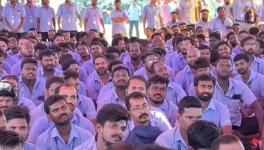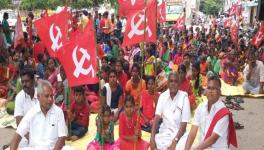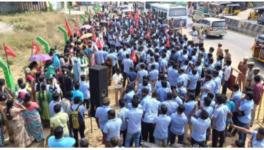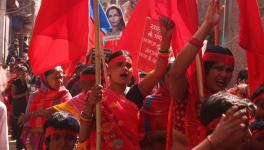‘Janata Curfew’: Governments Discard Economic Hardships of ‘Janata’
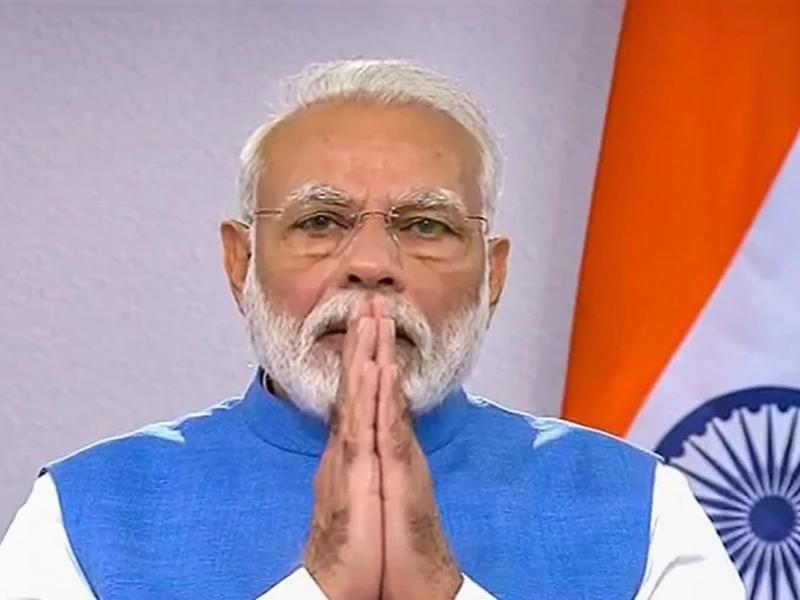
Chennai: The ‘Janata Curfew’ announced by the prime minister on Sunday has not taken into consideration the troubles of unorganised sector workers.
Take Tamil Nadu, where the state government has also announced a slew of measures from sealing of borders to stoppage of public transport to contain the spread of COVID-19. The Information technology (IT) and IT Enabled Services (ITES), too, have rolled out work from home options to employees.
However, no one has spared a thought for unorganised sector workers, who have been left in the lurch. The closure of weekly markets, shopping malls, tourist places, cinema theatres have left many such workers and their dependents without earnings.
In the event of the ‘Janata Curfew’ being extended, these daily wage earners have been left high and dry by both the Union and state government, both of which seem reluctant to extend support to this section of the society.
In the meantime, three more persons have tested positive for COVID-19 in the state.
Tamil Nadu will come to a virtual shut-down with reduced rail services and public transport as part of the ‘Janata Curfew’. However, the State Assembly continues to hold its session in spite of the looming danger of community spread of novel coronavirus.
The leader of Opposition and president of Dravida Munnetra Kazhagam has demanded that the session be adjourned and has also urged the government to step up preventive measures and ensure transparency in handling the pandemic. However, the ruling AIADMK has rejected this demand, insisting that the House in session would help in decision-making during the crisis.
Thol Thirumavalavan, member of Parliament and leader of Viduthalai Chiruthaigal Katchi, demanded that the state government announce a stimulus package on the lines of Kerala.
“The Kerala model should be followed by the Tamil Nadu. It is high time financial package was announced for all the people so that this crisis is effectively defeated,” he said.
The Communist Party of India (Marxist) has also demanded a relief package of Rs 50,000 crore. A statement released by the party wanted the primary health centres to be equipped with necessary facilities to test the virus and demanded that private hospitals be roped in on war footing to quarantine and treat the patients
The Centre of Indian Trade Unions (CITU) demanded that the interests of workers of different sectors are taken care of. R Singaravelu, vice president of CITU, said, “The unorganised sector would be the most affected by the pandemic as they depend largely on day-to-day income. The state and central governments should follow the example of the Kerala government in addressing the problem of the public in general and the working class in particular.”
Adding that workers of the automobile industry are already suffering from the economic crisis, Singaravelu said, “The companies plan to downsize their workforce by compromising on the interest of the casual and contract workers. The state government must ensure these workers are retained and are paid the wages during the closure. If the closure extends beyond Sunday, the state government must ensure the workers and their family needs are taken care of”.
On Saturday, shopping malls, business establishments and tourist spots were deserted affecting the livelihood of workers in these sectors. Many busy markets remain closed or had very few visitors in the past couple of days. Vendors of the weekly vegetable market in Pallavaram were unable to put up shops due to restrictions, leaving them with no earning for the whole week.
The biggest perishable goods market in South Asia at Koyambedu market, too, had few visitors preparing themselves to face the curfew. With a thin crowd, shopkeepers are worried about their goods rotting over the next few days.
Abdul Wahab, a shopkeeper in Koyembedu, said: “We have asked the supplier not to deliver goods for the next three to four days. The next step after the curfew on Sunday is unknown. The existing stock will be good for nothing very shortly and if we stock more, our losses will further increase.” The loading and unloading workers of the market face total loss of income.”
The call taxis and shared autos are a major mode of transport for city dwellers. There are unusually long queues of these vehicles lined up in all the major boarding points. On other days, they hardly find time to take a break. Ramu, a shared auto driver used to rent an auto every day to earn a living. “Usually after paying the rent to the owner, I earn around Rs 700 to 800 a day. In the past three days or so, I got only Rs 250. If this continues, I cannot run my family”, he added.
Daily wage workers, particularly in the construction industry in rural parts of the state, continue to work. A construction worker said, “If we don't work today, we lose our income. How can we run our family without income? The government has announced closure, but they have not considered our problems.”
The curfew is a measure to curb the community spread of COVID-19, but the concerns of the ‘Janata’ are not being addressed. No specific measures have been taken in the event of an extended shutdown. The condition will only worsen if the Union and state governments fail to announce relief measures to the suffering unorganised sector workers.
Get the latest reports & analysis with people's perspective on Protests, movements & deep analytical videos, discussions of the current affairs in your Telegram app. Subscribe to NewsClick's Telegram channel & get Real-Time updates on stories, as they get published on our website.











